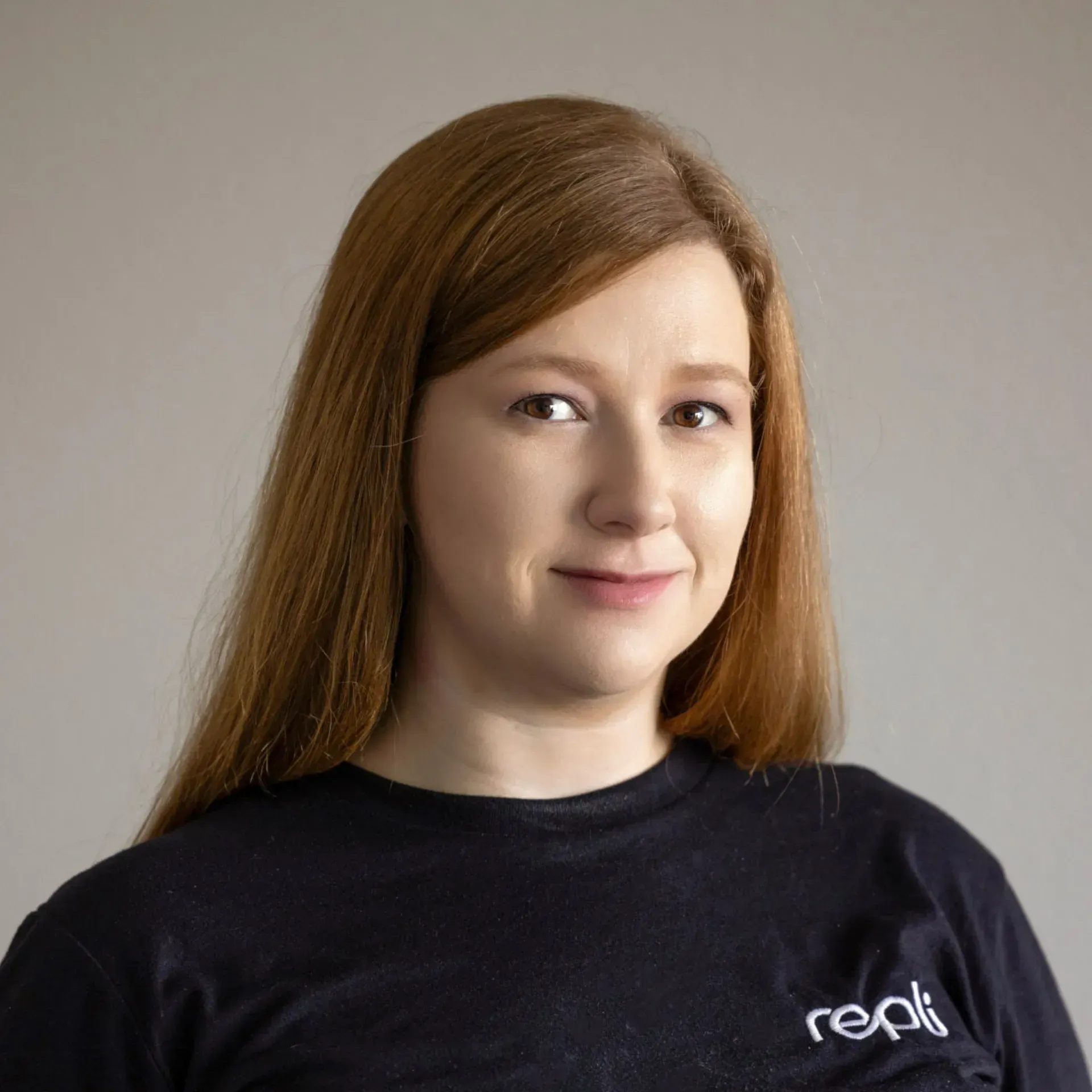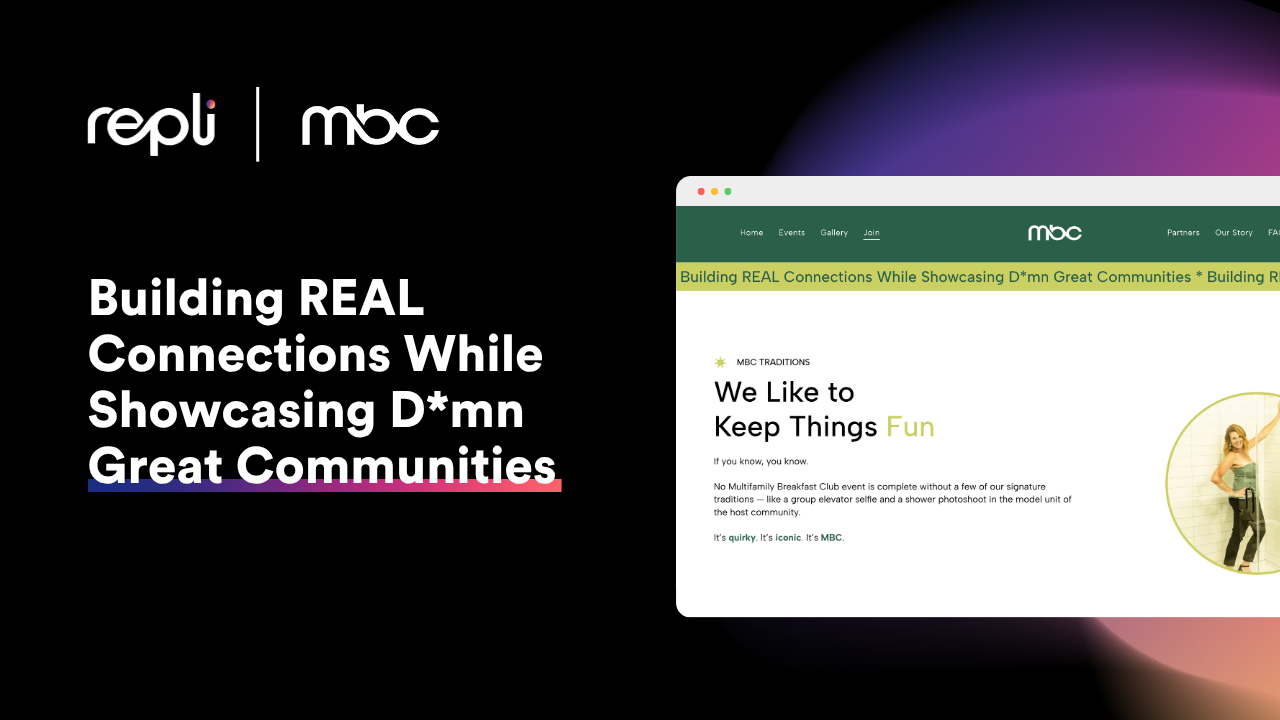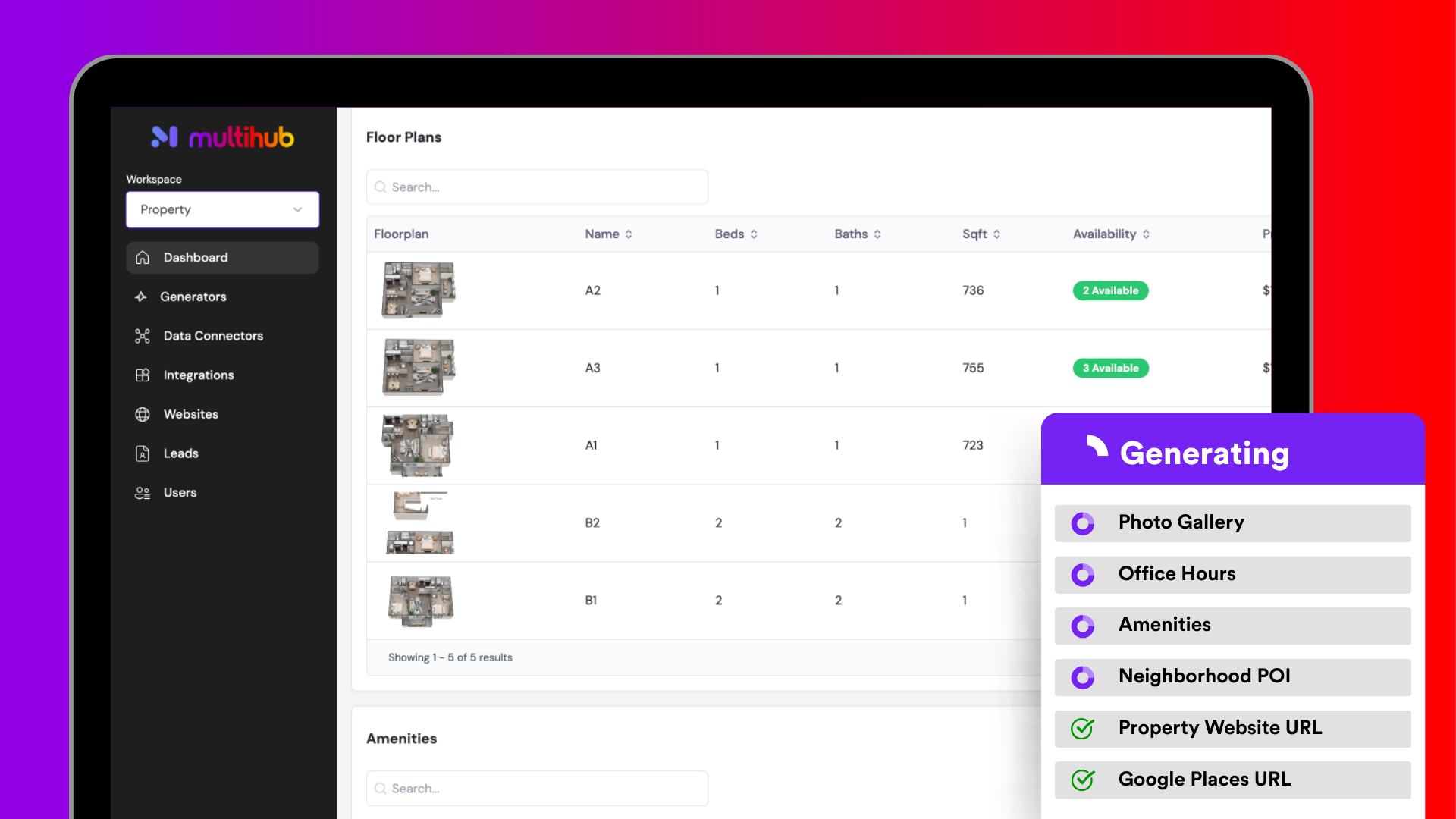What SEO Success Looks Like for Multifamily in the AI Era
Picture this: You’re in a performance review with an owner or operator.
They lean back, cross their arms, and ask, “Why isn’t our traffic higher? We used to rank #1 for ‘apartments in [city].’ What happened?”
And you take a deep breath, because you know the truth:
We’re not in the same search world we were even two years ago.
The SEO Game Has Changed and Multifamily Needs to Catch Up
Once upon a time, “winning” SEO meant watching your keyword rankings climb and your Google Analytics traffic chart spike upward. Owners loved it. Operators loved it. You loved it.
But now?
We’re living in a zero-click, AI-personalized search world.
- Zero-click searches: Google, Bing, and AI tools increasingly give renters the answer without them ever clicking to your site.
- AI-powered SERPs: Search engines now use generative AI to build customized results pages for each searcher, pulling information from multiple sources (and often… not your site).
- Hyper-personalization: Two renters searching the exact same keyword may now see completely different results based on their location, browsing history, and intent signals.
This means the old “keyword + rank = success” formula is broken.
The New Reality for Multifamily Marketers
Your website might never get the click for “apartments in Atlanta,” because Google has already shown:
- A map pack with 3 nearby competitors
- A “People Also Ask” section answering their leasing questions
- AI-generated overviews pulling details from review sites, ILS listings, and neighborhood guides
That doesn’t mean you’ve failed — it means the way we measure success must evolve.
Owners and Operators Still Want Simple Metrics, But…
Let’s be real: most owners and operators don’t live in the marketing trenches. They see traffic go down and panic. They hear you’re not ranking #1 for “apartments in [city]” and want to know why.
The challenge for multifamily marketers is educating stakeholders that:
- Ranking for one keyword doesn’t mean the phone rings more
- Traffic is meaningless if it’s not the right traffic
- AI-powered SERPs mean clicks are only part of the story
So, What Does SEO Success Look Like Now?
In this new world, SEO isn’t just about being found. It’s about being chosen — wherever and however a renter is searching. Here’s what that means for multifamily:
1. Being Present in Every Renter Touchpoint
Your property’s information must be accurate, complete, and compelling everywhere renters look — not just your website. That includes:
- Google Business Profiles (with updated hours, photos, and offers)
- Apartment listing sites (ILS)
- Review platforms
- Neighborhood blogs
- Social channels that AI might pull into results
✨ Success metric: Brand visibility across all renter discovery points, not just organic clicks.
2. Optimizing for Zero-Click Visibility
If Google or Bing’s AI pulls your content into an instant answer, that’s still a win — it builds brand awareness and can lead to later direct searches or calls.
✨ Success metric: Presence in AI-generated overviews, “People Also Ask,” and local map packs.
3. Owning Hyperlocal, Intent-Driven Content
Generic “best apartments in [city]” content is oversaturated. AI favors content that is specific, useful, and context-rich.
✨ Success metric: Ranking (or appearing in AI summaries) for neighborhood-specific searches like:
- “Dog-friendly apartments near [employer]”
- “Walkable apartments by [transit stop]”
- “Apartments with EV charging in [neighborhood]”
4. Tracking Engagement Over Clicks
If someone lands on your site, what they do next matters far more than how they got there.
✨ Success metrics:
- Form fills from organic traffic
- Click-to-call actions
- Tour bookings and lease applications traced to organic sources
5. Reporting on Leasing Outcomes, Not Just Traffic
Owners ultimately care about occupancy and NOI, not impressions. SEO should be tied to the metrics that matter to them
✨ Success metrics:
- Lead-to-lease conversion rate from organic
- Organic-assisted leases (leases where SEO played a touchpoint role)
- Occupancy trend % supported by organic marketing
Shifting the Conversation With Stakeholders
To survive in this new era, multifamily marketers must reframe the conversation with owners and operators:
- ❌ Instead of: “We rank #3 for ‘apartments in Dallas.’”
💬 Say: “Organic search drove 27 qualified tour requests last month — 9 turned into leases.” - ❌ Instead of: “Traffic dropped 10%.”
💬 Say: “Traffic dropped slightly because Google is answering renter questions directly, but our organic lead-to-lease rate improved by 15%.” - ❌ Instead of: “We lost a ranking to a competitor.”
💬 Say: “Our property is now in Google’s AI-generated local overview for renters searching near [neighborhood], putting us in front of high-intent renters earlier.”
The Bottom Line:
SEO success for multifamily in 2025 isn’t a #1 keyword rank or a bigger traffic chart. It’s being:
- Findable in AI-powered search results
- Trusted through consistent, accurate, and compelling property info
- Chosen by high-intent renters who become residents
In a zero-click, AI-personalized search world, the best SEO strategy isn’t about chasing the algorithm — it’s about making sure that when the renter is ready to click, call, or tour, you’re the obvious choice.

ABOUT THE AUTHOR
Siobhan is the Head of Marketing at Repli. With over 10 years of digital marketing experience, Siobhan is dedicated to pushing boundaries and disrupting the industry by sharing insights on trends, technology, and best practices to help multifamily marketers thrive. When she's not creating content, she's often traveling with her family, filming k-pop dance covers, or exploring her favorite restaurants.




